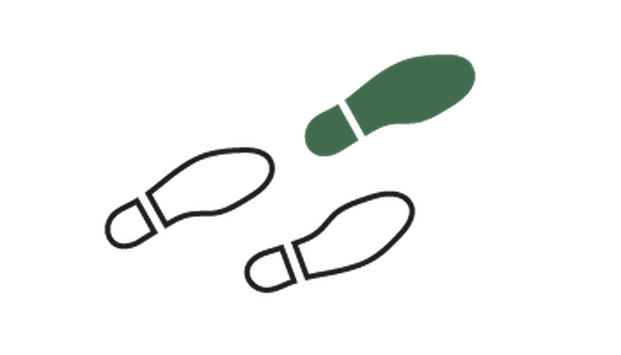Green Alte Oper
We put our climate-friendly behaviour to the test and focus on the topic of sustainability!
It is time to think ahead and make a difference together. The world is facing big challenges and we all have a responsibility for future generations. According to the German Climate Protection Programme, 65% of CO2 emissions must be reduced by 2030, and there is still a lot to be done before then! Incidentally, the year 2030 is also an important milestone for the Alte Oper: it will be the 150th anniversary of the building's foundation as an opera house. We are using this anniversary as an opportunity to address the pressing challenges of our time and set the course for tomorrow. We have called this mission 'Future House Alte Oper'. We are addressing questions about the future of the concert business, new formats and new ways of reflecting and engaging with a diverse urban society - and, of course, our responsibility for climate protection. The conscious use of our planet's resources is not something we have recently discovered, but has long been part of our self-image. Nevertheless, we know: The journey has only just begun and there is still so much we can achieve! We would like to take you, our audience, with us on this journey.
- Key factor: energy saving
- Many small steps add up to a big one
- For example: trees instead of flowers
- And where are we right now?
- An alliance for climate protection: the ÖKOPROFIT environmental project
- Invitation to join in: our new Green Subscription
- Expertise required: We listen
- Climate-friendly: travel with a free RMV ticket
- No alternative: We remain international!
Dreams of the future: the commitment continues
We have a lot more to do! Climate protection will remain high on the agenda at the Alte Oper in the coming years. We are planning or in the process of implementing numerous technical innovations that will further reduce energy consumption. The cold stores are currently being modernised and the ventilation system drives are gradually being replaced with more efficient drives. A new energy monitoring system is being installed to analyse meter readings and the electrical infrastructure is being progressively upgraded. The installation of motion detectors is being investigated, as is the possibility of using renewable energy. Upcoming certifications, which may become mandatory for recipients of public funds, will spur us on to take further measures!
But this is also what we are interested in: how can we initiate a public discourse with creative and intelligent concepts, with content-related work and with new formats? What can we achieve together with the audience, and how can we develop creative concepts for improvements in climate protection together with the musicians and orchestras coming to the festival? Most importantly, we need to look at our own behaviour: How can we increase our commitment to climate friendly behaviour? What education and training opportunities can we take advantage of? We will do much more!













